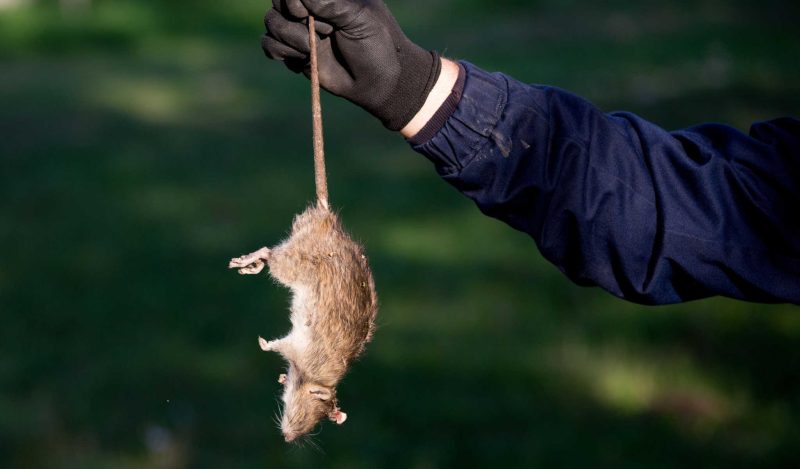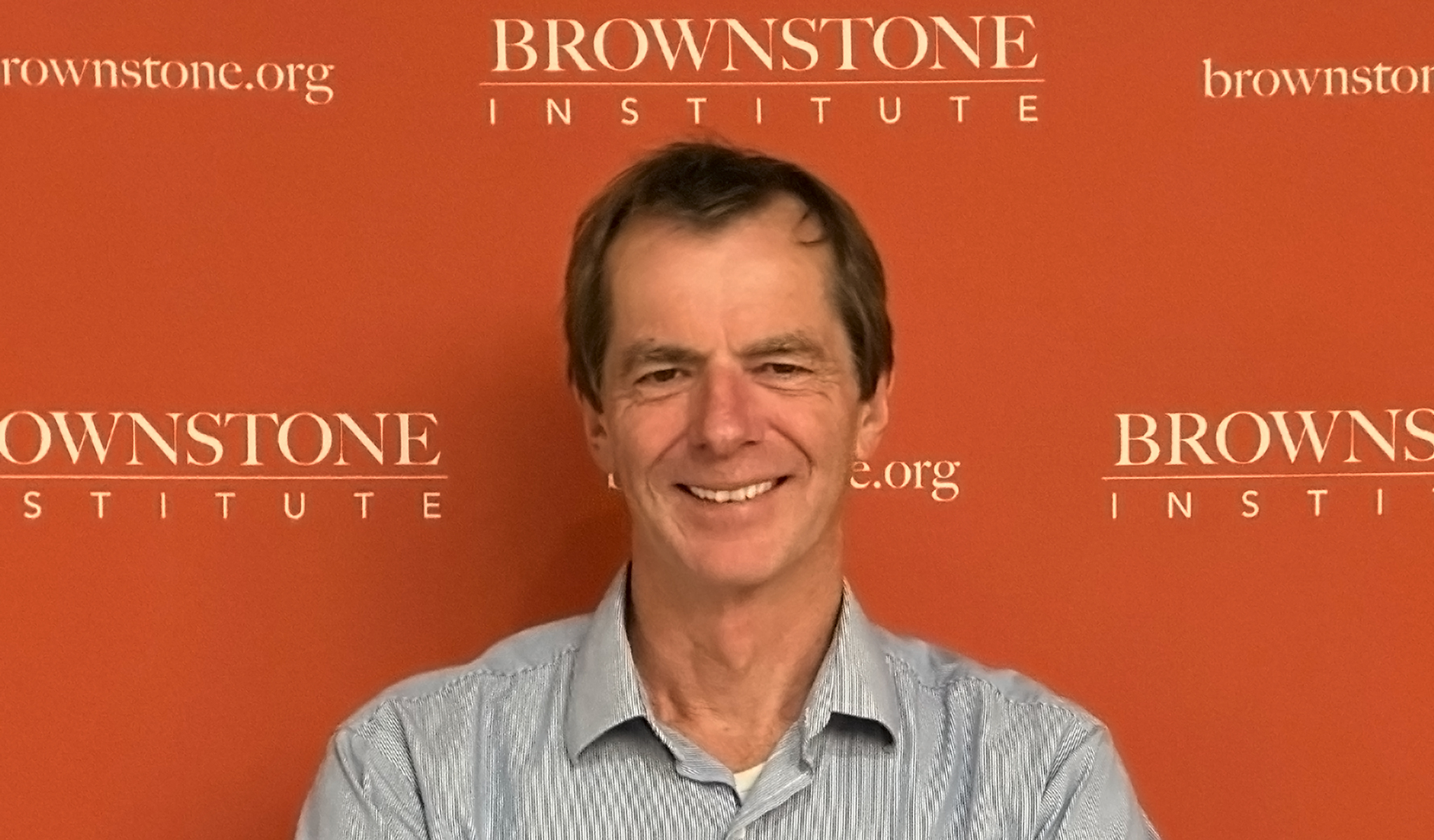There are various degrees of acceptable insanity, but in general you would not want a person who thought a toad had the same intrinsic value as your mother to manage her Alzheimer’s disease. You would not want a person who equated the value of your daughter with that of a rat to decide whether she should be injected with medicine still under trial, such as an mRNA vaccine. Or perhaps you would, as you may agree with the Lancet editorial in January 2023 that equates these, insisting;
“All life is equal, and of equal concern.”
Whatever value system you apply to other humans, it is important to understand that international public health is currently dominated by such rhetoric, if not such thinking. This will greatly influence society, and your health, for the next few decades.
Lancet is one of the most influential international medical journals. The above passage is not taken out of context. The editorial recommends we change the way society is managed,
“taking a fundamentally different approach to the natural world, one in which we are as concerned about the welfare of non-human animals and the environment as we are about humans.”
To understand where public health has gone during the past few years, and why the Covid response could happen, it is important to pick this short editorial apart. Why did health professionals recommend children be denied the right to play together, and coerce pregnant women to be injected with novel pharmaceuticals that pass to their fetus? The answer lies partly in the dogma that now dominates health institutions and the journals that claim to inform them.
Achieving equity by degrading humanity
The concept that human health is influenced by the environment is as old as society itself. The ‘One Health’ label was attached to this a couple of decades ago to encompass the benefits of approaching public health in a more ecologically holistic manner. Bovine tuberculosis will affect humans less if it is controlled more effectively in cattle. Human well-being will benefit if forest preservation maintains local rainfall and shade, improving crop and animal production. Few would disagree.
Many religious beliefs also hold nature in high regard. Jains and some Buddhist schools hold that humans should minimize harm to any animal, maintaining strict vegetarian diets and taking steps to avoid the killing even of earthworms. Judaism and related beliefs hold that all of nature is God’s work and while humans have sovereignty over animals, they also have an obligation to nurture the world that God created. These religions maintain a strictly hierarchical view.
The difference with current One Health dogma is that it goes beyond revering nature, to considering that humans are just one of many equal creatures. One Health in 2023, as Lancet explains, involves “a revolutionary shift in perspective.” Lancet’s editors are calling, specifically, for animals to be considered on a par with humans, dispensing with the “purely anthropocentric” or hierarchical view held by other nature-revering religions.
This insistence on interspecies equity is where the current One Health argument begins to come unstuck. Preserving an ecosystem (good) requires the infliction of staggering pain and suffering on many of its inhabitants by other animals (terrible for the victims). You cannot have it both ways. So, if you want animals to be treated like humans, either separate the animals from their natural predators, or leave humans also to the harsh cruelty of nature.
Lancet opens by calling on indigenous peoples’ care for land to stand as an example. It then advocates that we do away with indigenous meat-dominated diets, quoting its EAT-Lancet Commission that;
“takes an equitable approach by recommending people move away from an animal-based diet to a plant-based one, which not only benefits human health, but also animal health and wellbeing.”
The ‘welfare’ of animals, in Lancet’s opinion, is better served by the cut and thrust of the savannah, where bovids are disemboweled alive by carnivores. This naive view of indigenous people and nature smacks of the cultural paternalism of the Victorian romantics. Many indigenous peoples, together with species ranging from weasels to jaguars, will be hoping they take their equity elsewhere.
Being “as concerned about the welfare of non-human animals” as one is about humans (ecological equity’ in Lancet’s parlance) is a dangerous position to hold. Equity means all animals and humans should have equal rights or outcomes. Consistent with this, management of a highway triage event would have to weigh a severely injured goat (or rabbit) against a severely injured human, and not discriminate based on species. If the goat is more likely to respond to emergency measures, save it and leave the unfortunate human to his or her fate. While Lancet may hold this view, most people would recognize this as a degradation of humans. One Health, however, extends far beyond Lancet, and is being woven into the proposed pandemic agreements by which the World Health Organization and others hope to increase control of global public health.
If the public health industry truly views the world through this lens, then the public should consider whether they can be trusted with any influence or authority. If they view the world otherwise, then they should cease the false rhetoric. The idea that fellow humans are to be held at a higher level than animals underpins virtually all human ethical systems. These include the Nuremberg Codes developed after the medical profession led the degradation of human sanctity before and during World War Two.
Reclaiming humanity
I, personally, shall not entrust my children’s welfare to the hands of people who consider them on a level with the rodents I regularly trap and kill. I want to minimize the trauma I put these rodents through, and I want to see their species thrive in the wild, but I don’t want them crawling in my children’s beds. That means killing them, because they thrive otherwise in the local environment in which we live, and we don’t have the capacity, as Lancet editors might, to maintain a fully rodent-proof house.
One Health, as a recognition of the close ties between human health and the health of the environment, is not new. Caring for and loving nature is also nothing new, and is a healthy state in which to live. Minimizing pollution and maintaining diversity is an important part of this. So, incidentally, is eating meat. Siberian tigers and poodles agree.
A rational One Health approach does not require a fanciful world in which gazelles, lions, hyenas, and humans drink from the same cup. It has nothing to do with a code of medical conduct in which the life of a lemming is weighed against the life of a baby. We have just been through three years in which novel drugs were trialed en-masse on children and pregnant women, and corporate investors enriched themselves through the coercion of millions. This repulsive devaluation of our fellow humans needs to stop.
Health professionals who do not prioritize people over animals may get by as veterinary surgeons, but are unsafe with people. It is time for those who believe in the intrinsic and undefinable value of each human to find their voice, and rebuild our institutions on that basis. Public health should elevate humanity rather than degrade it.
Join the conversation:

Published under a Creative Commons Attribution 4.0 International License
For reprints, please set the canonical link back to the original Brownstone Institute Article and Author.









